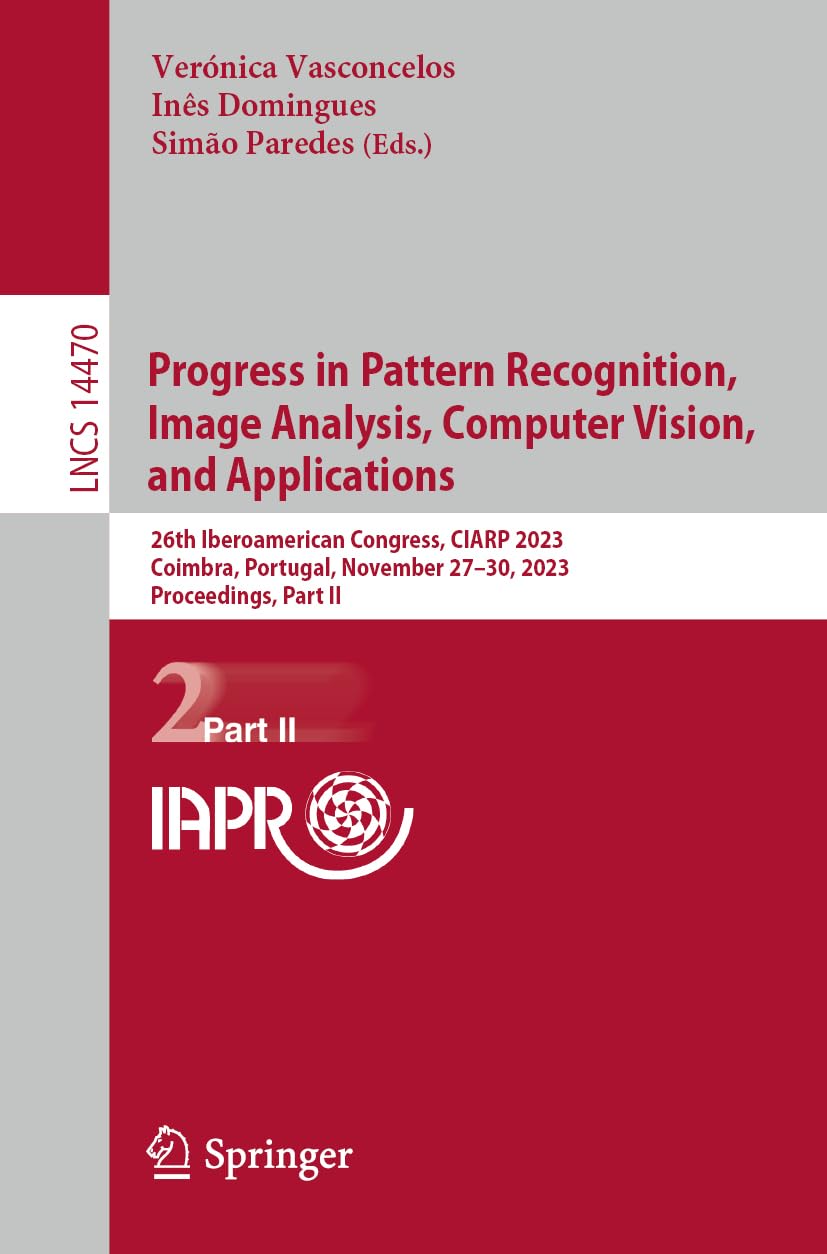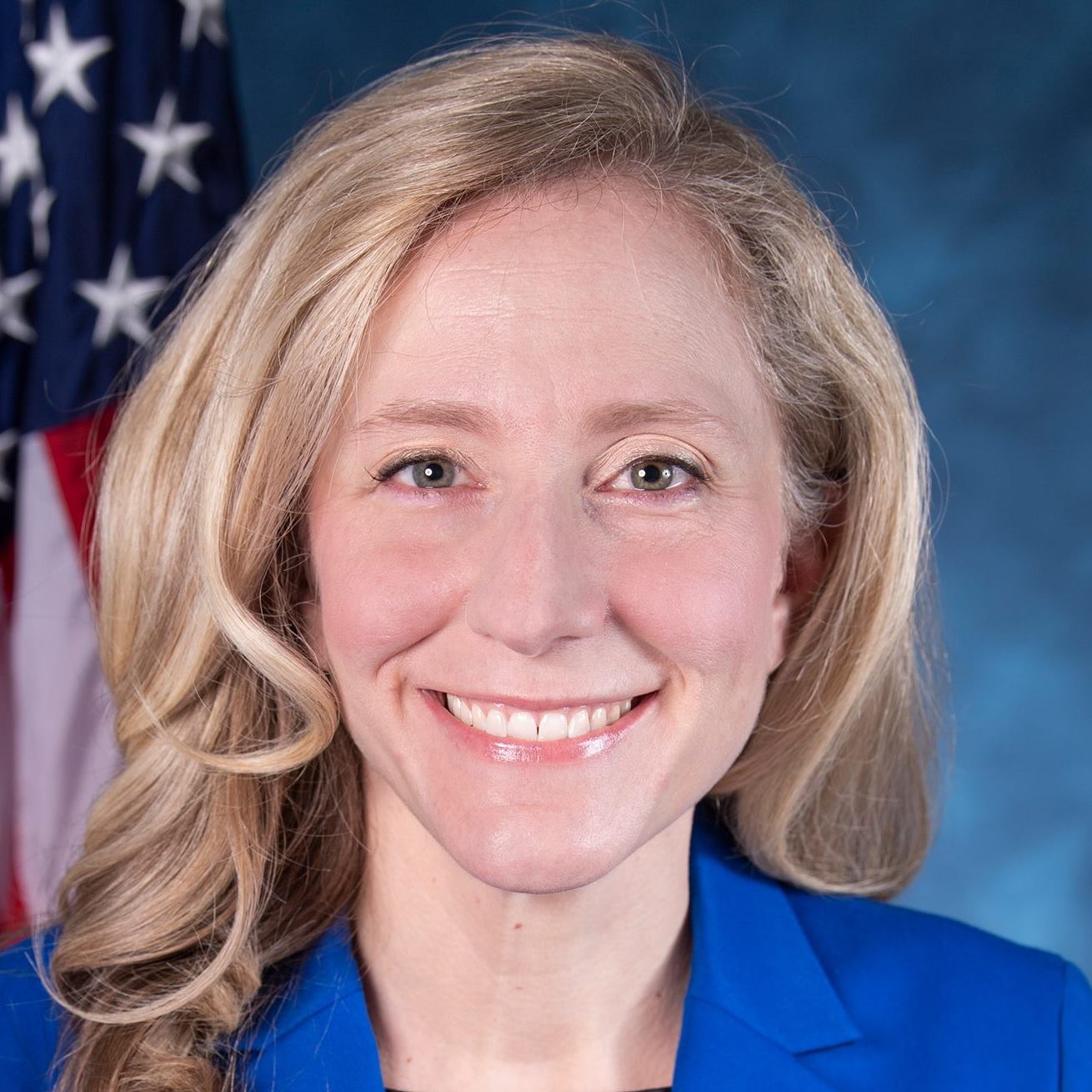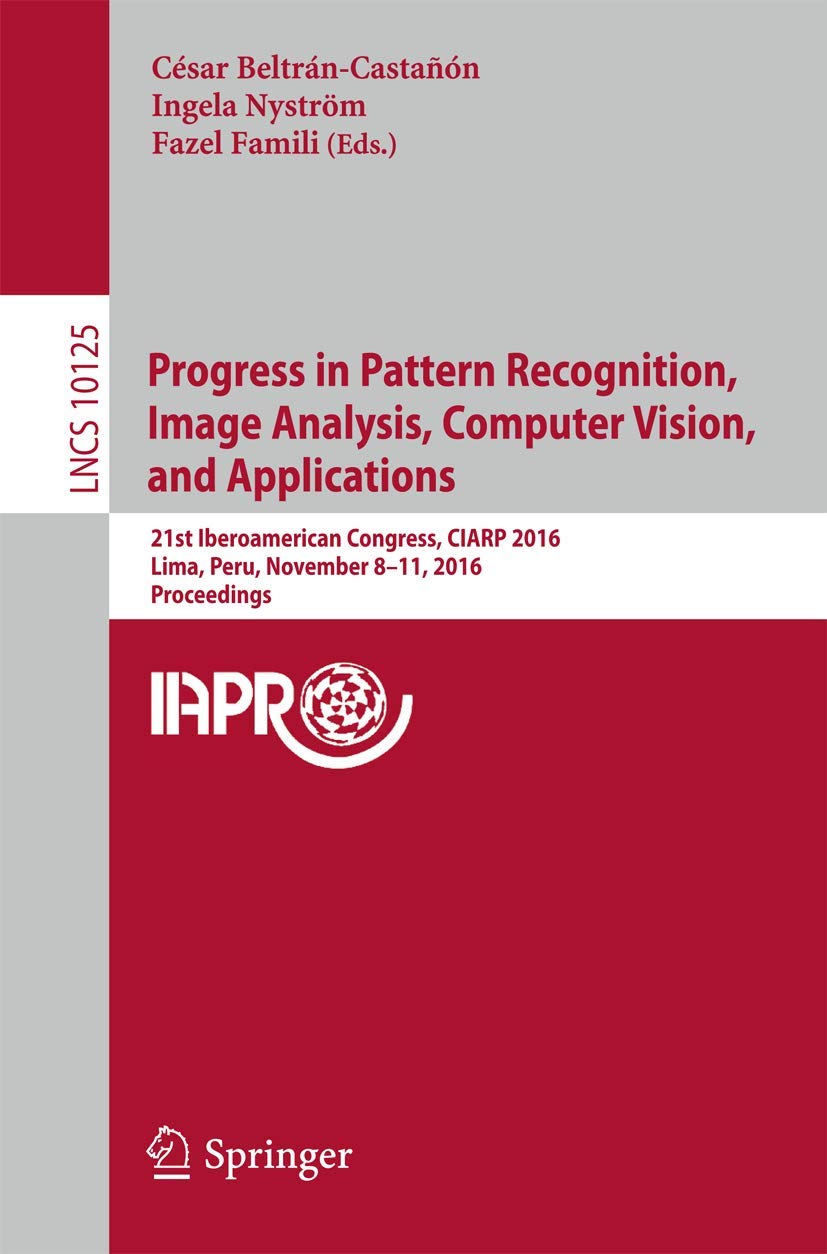Free Press managing editor Joey LoMonaco recently caught up with U.S. Rep. Abigail Spanberger. The Democrat spoke by phone from the Capitol, where she is winding down her third term in Congress representing Virginia’s 7th District, which includes the Fredericksburg region.
Spanberger, who is running for governor next year, reflected on her time in Washington, offered what she considers notable legislative achievements and also provided her thoughts on the state’s role in regulating data center development. The following interview is edited only lightly, for length and clarity purposes.
Joey LoMonaco: So, you know, finishing your sixth year in the House of Representatives. What do you know now that you didn’t as a freshman representative, you know, back in 2018, going into office for the first time?
Abigail Spanberger: Oh, goodness. There’s so many, but the one that comes to mind first is the answer I’ll give you, and that’s that the process by which you can get bills signed into law is varied and requires a lot of creativity. And so I think, you know, anybody’s ever seen the, you know, how a bill becomes a law cartoon, right? A bill passes in the House, it goes to the Senate, it goes to the President’s desk, and — hurray — it’s a law.
Learning the mechanics of how standalone bills move or how you have to, you know, move a bill through a committee in order to be able to get it to move forward or how you can append your legislation to, you know, related bills to be able to kind of move it faster. The procedures by which one needs to be effective are so unique to Congress and certainly, you know, I would say that sort of legislative bodies across the country and state legislatures, you know, have their own sort of unique ways, but it is figuring out how to function effectively and quickly in Congress I think was the element of a learning curve that I didn’t anticipate, in the way that it’s ultimately sort of been something I’ve realized is a real priority.
Now, it’s something I think I’ve endeavored to be super effective and we’ve figured it out quickly, but the kind of the procedural pieces of how this place functions has been very, very interesting.
JL: One thing I’ve noticed about you, you know, as your constituent and more recently following you as a journalist is there have been numerous bills where you have reached across the aisle. What’s your calculus for doing so in terms of when it makes sense for you to get Republican support for an issue and when is it a bridge too far for you?
AS: How do you kind of come to that, you know? I mean, I think, for me, the issue really comes down to sort of the basic principles of am I moving forward … and so basically if I can move forward and advance a priority that I have, then building a coalition or making a compromise of some sort to bring people to the table is a worthy discussion. But I won’t ever compromise on kind of basic issues of principle and basic issues of, you know, people’s kind of health and being.
And those are lines in the sand for me. But, you know, the reality is most bills don’t contend with, you know, the health and the kind of respect for someone’s being with any regularity. So, when it comes to how do we contend with issues of, you know, the fentanyl crisis or how do we contend with this unfair Social Security provision that was put in place, you know, years after the Social Security bill passed or, you know, how do we bring farmers and producers together to discuss the impacts of climate change and, you know, make them partners in mitigating it, right? Like these are all places where you can build a coalition if you’re looking for it. Lowering the prescription, you know, cost of prescription drugs or, bringing transparency to, you know, the prescription drug pricing, right?
Like these are all places where there’s the bill that I would write if left to my own devices, right? And then there’s the bill that I would write if I’m trying to bring more people in. And frankly, sometimes going to a Republican counterpart and saying, you know, this is my bill idea, this is what I’m working on, this is the draft text I have, what do you think?
Sometimes it’s actually a function of somebody else’s perspective, even if their perspective is built out through a partisan lens — that perspective — and I’ve had this very specific experience, right, working on a particular bill and having a Republican colleague say, well, this wording is vague, what do you mean by this? Or, we’re unsure of what this could be, open to abuse or kind of overstepping. Well, okay, I’m not trying to have it be open to abuse or overstepping, so let me happily put clarifying language.
It’s fundamentally kind of an issue of how do you endeavor to be effective? When I first came to Congress, there was a Republican president in the White House, and so if I want a Republican president to sign my bill, it probably needs to have Republican support, especially if you wanted to move to a Senate that has a Republican Senate majority leader, right?
At some point, it’s also just a question of the brass tacks of how you can effectively get something through.
JL: The bills that you’ve been attached to, the bills that you’ve patroned, the bills that you’ve co-patroned… Off the top of your head, if you were asked to pick three legislative achievements, what would they be?
AS: Okay, and I’m going to just note that you said legislative achievements, so I’m only going to go with bills as opposed to other achievements of other types.
The Summer Barrow Prevention, Treatment, and Recovery Act, which is a bill that is pretty comprehensive in nature, addressing substance use disorder, the crisis of substance use disorder, and the need for greater supports within our communities to basically prevent drug usage, but also importantly help people who are attempting to fight for their own recovery from addiction. And that’s a bill that was actually named after a constituent who died of a fentanyl overdose. She had been in recovery, she relapsed and used cocaine that was laced with fentanyl and died.
Tragically, her mother did a lot of advocacy, and unfortunately I met with people who had lost a loved one to overdose far too often along the way, but in working with this mother, she told the story about how her daughter had been struggling, she was in recovery, and she had some stumbling points along the way. And learning from kind of what were those stumbling points for her were really informative as we were writing this legislation. And then importantly, working with the police departments I represent, represented, so the Culpeper Town Police Department is a place where they’ve been really engaged with my office.
I’m sort of talking through the experiences that they’ve had in dealing with people who are struggling with addiction. There’s also a real challenge of trafficking through Culpeper that they’ve tried to deal with. At the time I represented a large portion of Henrico and Chesterfield, a bigger department, and then the sheriff in Chesterfield County does a lot related to recovery within his jails, (I was) informed by all of the work that those folks had done, that really was kind of central to us building out the legislation that ultimately passed into law.
To be able to call a mother after the bill was signed into law and say, like, ‘We did it,’ this bill named in honor of your daughter, like, will save lives in the future, right? That was pretty amazing.
And then there’s other bills. One, which we’ll see at the end of this week how excited I am, a bill that I’ve been working on that would impact more than 50,000 Virginians, retired federal employees, retired police officers, retired teachers, retired firefighters —chief among them, retired public servants. We are kind of speaking to that question about maneuvering things through the House, my Republican co-lead and I finally were able to kind of force a vote on our bill. And it passed, which we knew it would if we actually got a vote.
And the Senate’s supposed to bring it up for a cloture vote tomorrow. [Editor’s note: Spanberger was speaking about the Social Security Fairness Act which passed the Senate Friday.]
So we’re running out the clock on this one. My Republican co-lead and I were talking over the weekend, like late Saturday night about like, well, if this, then this, and what are we doing? What are our options? Like, how do we compel people to really engage on this? And so, you know, if we’re able to get that one passed in the Senate, it would be just an unbelievable success that I’d be super proud of.
But bills that address just real challenges, right? Calling on my background, I mentioned the work that I’ve done with police departments that are impacted by fentanyl, but pulling on my background in the national security space.
I had a bill signed into law that was focused on leveraging and ensuring kind of cooperation and informed, intelligence-informed information related to kind of thwarting the movement of fentanyl into our country and being able to allow for kind of greater tracking of the transnational criminal organizations throughout Central America, predominantly, I think even more so throughout Mexico, that, you know, ultimately impacts people here domestically at home.
And so, I’ll stop myself there because you said three, and I’m about to go beyond that. Well, I’ll give you one more just because one of them is not actually law yet.
So, the Wally Bunker bill … we had this constituent who came to me at some event, and he said, do you know there’s this crazy provision where if you are a retired public servant… there’s tax provisions where you’re not taxed on this health care, sustaining health care benefit, it’s just part of your retirement.
But if you worked for a department that doesn’t do its own retirement benefits, it is basically taxed as though it is not part of your retirement package. And it is a small thing, but for a retired person on a fixed income that spent their career as a police officer at a really small department, all of a sudden paying $500 out of pocket because of a misunderstanding of what your retirement benefits are, is, I think, clearly a bit of an unfairness.
Much smaller police departments will sometimes hire third-party entities to manage the retirement benefits of their retirees and because it’s done by a third party it is not viewed as a public sector retirement. And so it’s a little bit of a weird niche where some people fall into this hole and they’re negatively impacted by it in a way that their peers who might’ve been working and retired from the police department down the street aren’t negatively impacted.
And so this, this feisty, feisty retiree comes up to me at some event and he tells me the story of how he’s told everybody about this before, everybody being all of my congressional predecessors, and nobody ever cares. And he was a little cantankerous about it, but he’s been dealing with it for years, so I don’t blame him.
So we looked into it and he was totally right. What he was outlining with the problem was indeed the problem. And we thought, well, this is just silly. So I worked and worked and worked to try and make sure that other people understood the problem, that they also recognize that it wasn’t the intent of the law and so we have to clarify the law.
From there we did, we got it signed into the law and made a cantankerous (man) very, very pleased.
There are places, there are little things you can do to solve problems. There are various different retirees across the rest of the country who will never have any idea that it was this super vocal guy out in Virginia who happened to get the ear of his congressperson that got it fixed. But they’re impacted for the remainder of their retirement.
JL: I mean, aren’t all retirees cantankerous to some extent? When you announced that you were not going to seek reelection, Eugene Vindman ran for the seat and won the 7th District. What advice would you have for him, not a career politician, in his first public office?
AS: I have certainly given him a ton of advice along the way. But I think the most kind of essential advice that I’ve given is just to be himself and to make clear to people why it is that he chose to get into politics.
And there’s similarities between us in that came from the national security world. I came from a nonpartisan space. The majority of his work experience was in military service, also a very, very nonpartisan space. And so it’s strange to all of a sudden become a candidate.
It’s strange to all of a sudden walk into a room and try and say these are all the things that I want to work on for you and try and get people to vote for you—particularly when I was undercover as a CIA officer. My whole goal was kind of being the least interesting person in the room. So I didn’t want anybody to ask too many questions.
What I’ve told him is just be authentic, be who you really are and focus on addressing the problems that people will bring to you and focus on the issues that are greatest across the communities. And develop really strong relationships, as we have in my office.
We had a breakfast this morning—we routinely get groups of constituents, constituencies together. So, local leaders, board of supervisor members and school board members and mayors and the folks who run the food bank and the folks from the local chamber, right? And bring them together across our localities. And it’s interesting to see the sort of connections that people make.
Of course region to region, people may know each other. But like the folks in Greene [County] can learn a lot from the folks in Culpeper. And the folks in Culpeper might learn a lot from the folks in King George, where, you know, those are not naturally always sort of cross-pollinating local leaders.
And in engaging so completely with the localities, you could always have an ear to the ground.
This morning I was talking to the sheriff from Caroline. And he was saying, oh, you know, “We’re going to miss Mackenzie. We always see Mackenzie everywhere.” And Mackenzie is one of the women who works in my district office. And part of her job, in addition to supporting veterans and doing constituent casework, is she’s our representative in Caroline, which means the folks in Caroline County are like, oh, my goodness, it’s Mackenzie again, right? And the board of supervisors in Culpeper County they joke that Mark is in Culpeper more than he is in the place where he lives, which is probably entirely true, right?
It’s watching and being engaged with the communities that we represent that allows for people to know who to call if there’s an emergency.
I mentioned the Wally Bunker retirement bill.If you had told me once upon a time that when I got to Congress I would be super enthusiastic and very devoted to niche retirement issue, I would have said that seems like a funny thing for me to focus on, but it’s because what is the focus of my constituents.
JL: An issue that I imagine that as you move forward here that you are going to be devoting more attention to is a state issue, and that is data center development in Virginia. The JLARC study, the Joint Legislative Commission, published an extensive report, and the two overarching conclusions were energy consumption is going to roughly double and data centers are the root cause of that. And then the corollary to that on the other side is revenue for localities.
When you consider data centers in the Commonwealth, how do you balance the environmental risk factors with economic opportunity, and what role do you think the state should play in that?
AS: This might shock you— I love this question, because I do get this, I mean, well, I don’t get this question. This is a journalist question, as opposed to people saying “DATA CENTERS!”
JL: Well, it’s more the journalist version of “DATA CENTERS!”
AS: To answer your last question first, I think the state has a really clear role that it should play in helping develop a statewide strategy. And I say that not because the state should dictate where data centers go, not because the state should dictate certain parameters related to data centers, but because it’s the state as an overall entity that has a strong ability to pull all of the energy folks to the same table and say, okay, where are we on trajectories?
What are we seeing? You know, we’re members of PJM [Pennsylvania-New Jersey-Maryland Interconnection]. So the reality is whether it’s stressors on Virginia-specific grid or stressors on the larger PJM pool, there will be stress on production of electricity and what’s available or isn’t available here at home.
So many localities are interested in data centers, but they don’t know what questions to ask. And even just representing the communities that I represent currently or have represented, I’ve seen pretty significant differences in the types of negotiations some localities have been able to have.
I think the state can play a role in creating partnerships, whether it’s the Chamber of Commerce or the Virginia Association of Counties…Actually, it would probably be Virginia Association of Counties, best practices
I’ll just give the example of Henrico County as an example… they have some new data centers coming to Henrico, and they set up the revenue stream. And part of the deal was to have some funding go directly into an affordable housing fund.
And so it’s been interesting because there’s been such a clear, clear benefit addressing an issue that is kind of heavily discussed within the community. The discussions around data centers have been a little bit different on the ground there. They’ve also been pretty aggressive in terms of setback requirements in, I forget what the official words were, but basically the types of trees that they require in terms of like the barrier and the screening.
JL: I think that’s it, screening and buffers.
AS: Another example that’s popping to mind is actually not one that I represent, but one that I’m aware of, where, you know, perhaps they didn’t realize they could be as aggressive in making certain requirements as it relates to the buffers and the foliage and the types of trees and the kind of depth of what is put in that buffer space.
And so, a statewide strategy is important for contending with the real risks but also ensuring that localities are making smart choices, that those who are curious know what questions to ask.
I think right now there’s probably some communities that might want to engage in data center conversations, but don’t know how to, so they don’t, and that’s potentially lost revenue for them. And there’s others that, you know, they jump into those conversations and without all the types of questions, without knowing all the things they don’t know and, you know, endeavor to find out, they might not be aggressive as they could be.
And then the other thing where I think the state has a place to engage is, there’s some really interesting and innovative ideas out there about how to use, reclaimed mine land, how to leverage non-productive farmland, and having more of a comprehensive understanding of where’s the electrical grid, where are their shortcomings, where are their biggest needs.
Even the types of technologies that are used, historically a lot of data centers have been as water-intensive in terms of their use and their cooling needs. The technology’s changed rather significantly, and so that is no longer sort of central to the types of technologies that are used.
But there’s really so many elements to the conversation, and so, again, I don’t think that the state should be dictating, but frankly, if there are major disruptions in electrical capacity, the state will be involved there, so the operationally and optimally speaking, I think the state being involved in those conversations, even if it’s more sort of a traffic conductor and a convener, is an essential role that I think the state can play.
JL: And last question— we’re over half an hour’s time. Six years in Congress, three terms, as you move forward, how do you think that experience positions you for a gubernatorial run, to represent the entire state of Virginia at the executive level?
AS: I think there’s been certainly some advantages to redistricting, which was pretty disruptive in terms of the counties that I represented at the time, but, I have had a front-row seat, in fact, I guess I’d be more in the driver’s seat of relationships directly with localities and communities, some of the most densely populated locations and the sprawling rural agricultural communities I’ve been exposed to and worked on issues at the federal level, kind of that run the total gamut. And I have, I think, heavily practiced the skill set of just being hyper-responsive, understanding different issues that impact the communities I represent and being hyper-responsive.
I’ve been able to be hyper-responsive through constituent services or through community project funding or through the legislative process, but now being able to kind of steer that response from an executive role is one where I think the broad experience that I have is one that would convey very effectively.
Certainly, I think having legislative experience as someone who’s dealt with someone in the executive role at the federal level, both when I’ve been aligned and when I’ve been not aligned, has been an effective and helpful experience. And I have thought that, and then recently I’ve been able to have conversations with a variety of governors across the country who had come from the House of Representatives and hearing them speak, actually, about how relevant they viewed their time in the House.
JL: Who were some of those governors that you’ve been speaking with?
AS: [Colorado Gov.] Polis, [Minnesota Gov.] Tim Walz, [New Mexico Gov.] Lujan Grisham. What that experience has been like and how they conveyed their experience of being in the House of Representatives and brought that experience back to their engagement as now the governor with their state legislature.
Polis and Walls were not in the state legislature before they went to Congress. And so their experience was kind of understanding the mechanics of the legislature, but not necessarily having it be in the weeds of their state legislature, which I thought was interesting.
I think really being able to understand it as I have that, at the federal level, I’m working on a particular issue. Okay, you know, who are the members that have dairy farms that are struggling like I have dairy farms that are struggling? You know, that for me, that’s, you know, David Valadao from California, some of the Pennsylvanians, right? You know, once you consolidate that to a state, it’s okay.
Folks from the Shenandoah Valley where rural hospitals are really struggling? I worked a lot as it related to prescription drug pricing and like a program that really impacts prescription drugs, which is a 340B program, and I worked a lot with some of the West Virginians on that bill because the challenges of the western portion of my district are very similar to parts of West Virginia.
To be able to recognize that there’s similarities and differences even across Virginia, so some priorities might sometimes be viewed as a Democratic priority or a Republican priority, but, locality to locality or community type to community type, you can see different things. Even a lot of the work that I’ve done in the conservation space, that, for me, is an issue of combating climate change, but for so many of the producers who I represent, it’s creating a new revenue stream.
And so whether someone is super excited about, you know, USDA kind of blessed carbon markets because it’s essential to combating climate change, or if someone’s super excited because it creates a new revenue stream and allows farmers to remain on their farm whatever brings you (to the table), you’re at the table.
The sort of skill set of being able to pull away from the ‘Why do I care about this issue doesn’t need to be the same reason that somebody else cares about an issue,’ or, you know, why is this relevant to me doesn’t have to be the same reason that it’s relevant to somebody else. And that, I think, is something that in an effort to be really effective, it’s a skill set I’ve been able to hone.
I am quite comfortable with the idea that somebody doesn’t have to agree with me 100% of the time for us to partner aggressively on, you know, this issue or that issue.
JL: As with all your answers, I appreciate the thoroughness and I appreciate the multi-faceted nature of your answers. I like to talk myself, so I always appreciate that.
AS: I don’t know that [Spanberger staffers] Libby and Connor appreciate it as much, but you’re kind.
During her tenure in Congress, Spanberger has been a vocal advocate for healthcare reform, gun control, and infrastructure improvements. She has worked across party lines to find common ground on important issues and has been a strong voice for her constituents in Virginia.
Reflecting on her time in Congress, Spanberger expressed gratitude for the opportunity to serve her district and make a difference in the lives of Virginians. She highlighted the importance of bipartisanship and cooperation in a time of deep political divide, and emphasized the need for leaders who are willing to put aside differences and work together for the greater good.
Looking ahead to her gubernatorial run, Spanberger is excited about the opportunity to continue serving the people of Virginia in a new capacity. She is committed to addressing the pressing issues facing the state, including healthcare, education, and economic development, and is eager to bring her experience and passion to the governor’s office.
As she embarks on this new journey, Spanberger is grateful for the support of her constituents and looks forward to earning the trust of all Virginians as she campaigns for governor. With a track record of collaboration and a dedication to public service, Spanberger is poised to be a strong and effective leader for the state of Virginia.
Tags:
Spanberger, Congress, gubernatorial run, Virginia, politics, election, campaign, leadership, Democrat, government, representative, future plans, reflection, challenges, accomplishments, strategy, goals, policy, Virginia governor, political career.
#Spanberger #reflects #time #Congress #ahead #gubernatorial #run












